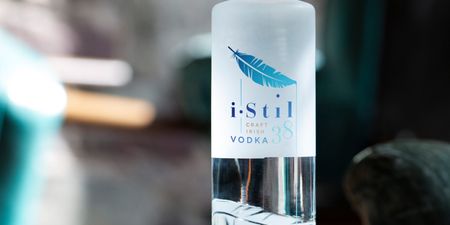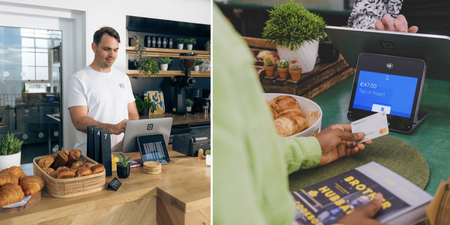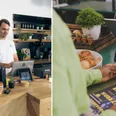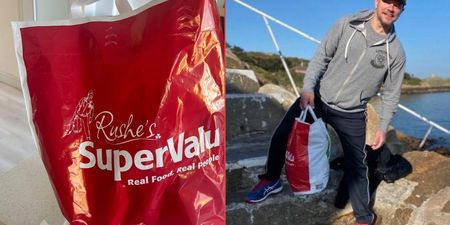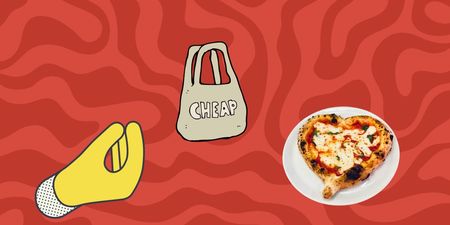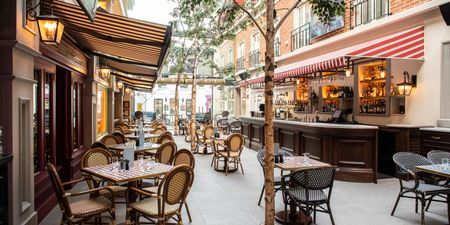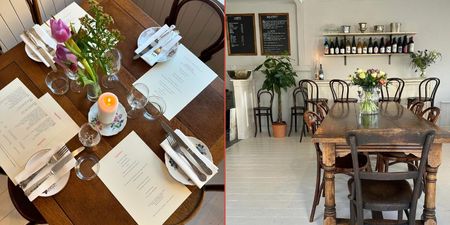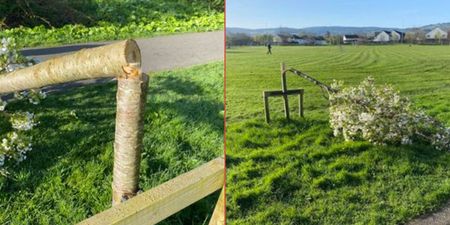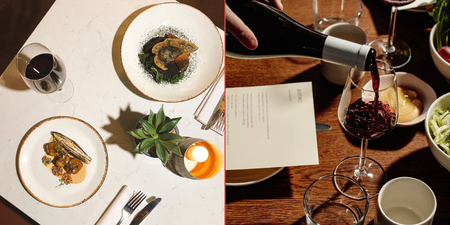This Christmas, we’ve teamed up with Focus Ireland to share some of the incredible stories from people who have experienced homelessness. In the first nine months of 2018 Focus Ireland helped more than 13,000 people, a 6% rise in a year. Focus Ireland prevents people from experiencing homelessness and helps those impacted by homelessness to find a stable home. These are personal stories, from childhood to adulthood, of loss, poverty, resilience and hope; stories that have been written as a result of collaboration between Catherine Dunne and Focus Ireland. We thank sincerely all those who have chosen to share their stories.
Carolina’s Story
Chéad Chéim is a residential aftercare service run by Focus Ireland. Located on Dublin’s North Circular Road, Chéad Chéim’s fourteen apartments provide varying levels of support for young people in transition from the care system.
The support and guidance provided by the staff are key: they help young people adapt to independent living after years spent in foster care or residential homes. The transition can be a challenging one. Chéad Chéim helps with essential, often practical, skills such as budgeting, personal care, creating a home, learning to be part of a community.
For young people suddenly finding themselves without a home at the age of eighteen, there are often overwhelming difficulties to be faced, particularly in the first couple of years.
Carolina has been in and out of care since the age of five.
She had a tough childhood, with some dark memories. She remembers feeling unloved. She was nine years old.
‘I don’t think I even regarded it as traumatic, the way they treated me,’ she reflects. ‘I got so used to it, it became my normal. I guess I’ve processed it.’
For Carolina, school was not a happy experience. Dealing with racism and bullying, things became difficult when, at sixteen, she was diagnosed with a neurological condition that meant heavy medication was required. Suffering side effects like constant tiredness, anxiety, numbness and sweats, she felt it was too difficult focus and concentrate on schoolwork and so Carolina fell behind. She missed a lot of days, she says, and she believes the teachers gave up on her.
Despite these challenges, however, Carolina passed her Leaving Cert and went on to third level.
Dublin Institute of Technology has been a more positive experience, although Carolina still struggles with her illness. Her ongoing treatment – she gets one appointment with the neurologist every four years – has not made any appreciable difference and the condition continues to be debilitating and frustrating.
From sixteen to eighteen, Carolina was in a residential care home. She was completely unaware, she says, that at the age of eighteen, she would become homeless.
‘I had no idea you were just let out when you reached eighteen,’ she says. ‘Where was I to go? What was I to do? I was told a week before my birthday that my time in care was at an end.’
She had always been well-behaved and didn’t cause any difficulties in the care home, she says, so they were able to extend her time there for another six months, allowing her to find somewhere to live.
It was Chéad Chéim that gave her a home. Carolina is very used to change, she says, and is very adaptable. After a few months in Chéad Chéim, she moved on to another Focus Ireland house, one which allowed her more independent living. She had proven herself to be reliable and motivated, and was happy to have the opportunity to exercise more responsibility for herself and her life.
She stayed for almost two years, and then she felt ready to move on.
Not only did they help her find a new place to stay, Focus Ireland did all they could to source accommodation in the same place as her younger sister, Gemma. Feeling very lucky that a Focus Ireland caseworker found her accommodation in the same place as her younger sister, Gemma. They are close, and very supportive of each other.
For many years, she was expected to take a lot of responsibility for her younger siblings, but not anymore.
Carolina says she owes everything to Focus Ireland: ‘They have really helped me. Their support was never intrusive, never overbearing.’ She is very grateful that she has a place to live, that it is of a good standard, that she is treated with respect. She loves her shared apartment, and loves being independent. ‘And my sister’s a great cook,’ she laughs. ‘So she cooks and I eat whatever she makes. We share all the other chores.’
Chéad Chéim has literally been Carolina’s ‘first step’ to a better, happier, more fulfilling life. ‘Everyone here has been brilliant,’ she says. ‘They treat you like an adult. In the residential home, nobody ever wanted you to ask ‘why’. The answer was always ‘Because we say so.’ Here, we discuss things. We’re treated as responsible people. We’re allowed to make our own decisions.
Now 21, Carolina enjoys her days at college. She is half-way through a four-year course and finds it interesting and engaging. It’s a very practical course: one that she hopes will enable her to get a job as soon as she finishes. ‘Physics is very tough, though,’ she says, throwing her eyes up to heaven, ‘but I’ll have to stick with it.’
Carolina plans to do a Masters as soon as her degree is finished. She is worried about future accommodation: she is secure for now, as long as she is in full-time education. ‘But what happens then?’ she asks. ‘Rents in Dublin are crazy. I’d never be able to afford them.’
As well as her studies, Carolina has a part-time job. She works several hours each week, the contract is flexible and she’s paid just above the minimum rate. ‘But the customers are great tippers,’ she says with a grin. She is saving hard for the future and hopes that in the next two-and-a-half years she might be able to apply for a mortgage.
She sees her family from time to time, but she is keenly aware that she needs to remove toxic influences from her life. She has deliberately distanced herself from them. ‘It was very difficult,’ she says, ‘but I knew I needed to do it.’
Every 8 hours a family is made homeless in Ireland. Together we can change this. Please help today by visiting focusireland.ie to make a donation, calling 1850 204 205 or Focus Ireland’s Instagram. Visit our hub for more information.
Note: All imagery sourced from stock















